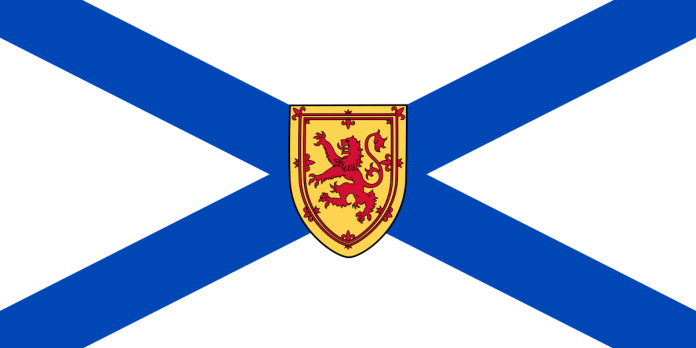Several new laws are being introduced in the Canadian province of Nova Scotia in the new year, and the following are some of the major ones:
Tax Cut For individuals
For over 500,000 people their taxes will drop marginally in 2018 after the provincial government increased the basic personal amount from $8,481 to $11,481.
Those who earn lesser than $25,000 will be able to claim $11,481, with a sliding scale bringing it down further to $8,481 for those making up to $75,000.
The annual saving is $160 per person on an average while the maximum is $263. This means that an additional 60,000 people will be paying no provincial tax from this year onwards.
New Carbon Price Plan
The federal government has recently introduced a carbon-price plan for the provinces starting 2018. Nova Scotia would need to roll out a program without which the federal government will implement a plan for it.
The province intends to launch a cap-and-trade system but it is not yet clear if it will meet federal requirements. Only 20 of the largest companies of the province, including Nova Scotia Power and Irving, will need to participate in the provincial plan.
In the cap-and-trade system, a government prescribes a limit on the amount of greenhouse gas emissions allowable for various industries. Any company wanting to exceed the limit set, must buy credits from those who are burning less.
New Stress Tests For Borrowers
From January 2018 onwards, uninsured persons borrowing from federally regulated lenders will need to have their finances “stress tested” in order to ensure that they would be able to meet their mortgages commitments if the rates go up higher than the existing rates .
Under this scheme, the lenders will need to run a test taking interest rates to be two percentage points higher than current rates and evaluate if the borrowers will still be able to pay the loan.
The Mortgage Professionals Canada agency estimates that nearly 18 per cent of mortgage borrowers would fail the stress test. They have said that the new rules will affect nearly 100,000 buyers across the country each year, and will prevent 40,000 and 50,000 per year people from owning a home.
Declawing of Cats Barred
Nova Scotia became the first province in Canada to ban the declawing of cats. The rule comes into effect starting March 15.
Animal welfare organizations in Nova Scotia, have been seeking a ban on the elective and non-therapeutic practice of partial digital amputation (PDA), or onychectomy, of cats for several years now.
According to the Canadian Veterinary Medical Association the practice causes unnecessary and avoidable pain to the cats.
Pot Gets Legalized
The federal government has announced that marijuana will be legalized for recreational use from July 1 onwards.
Nova Scotia has said that marijuana will get sold via certain Nova Scotia Liquor Corporation outlets and also online.
The legal age laid down for possession, usage or purchase of marijuana has been set at 19 years, same as the legal drinking age. People can hold upto 30 grams for personal consumption and grow up to four plants per household.
New Rules To Protect Whales
New rules are likely to be introduced in 2018 to protect North Atlantic right whales .
The government is considering a range of laws including a 100-meter buffer between vessels and some marine vessels, changes to fishing gear and starting the fishing season earlier.
Industries have suggested the idea of having separate corridors for ships travelling in the Gulf of St. Lawrence with a speed of over 10-knot speed .
A new law for intellectually impaired people
The Adult Capacity and Decision-making Act was enacted starting Dec. 28, 2017, and it replaces the Incompetent Persons Act.
In 2016, Nova Scotia’s Supreme Court ruled that the Incompetent Persons Act was invalid while hearing a challenge by Landon Webb, who had been fighting to overturn the “mentally incompetent” status, which had given his parents guardianship over him. According to him, the status infringed on his right to liberty and security of the person.
The new legislation accepts situations when intellectually impaired persons can make decisions for themselves provided they have “support.”
Although some believe that the new law could face a charter challenge, the provincial government has said that it is constitutionally sound.
Viola Desmond Honored
Viola Desmond, who had been jailed for sitting in the “whites only” area in a movie theatre in Nova Scotia, will become the first Canadian woman to be featured on the country’s $10 bill beginning 2018.
Desmond’s image will be replacing that of Sir John A. Macdonald, who was Canada’s first prime minister.



